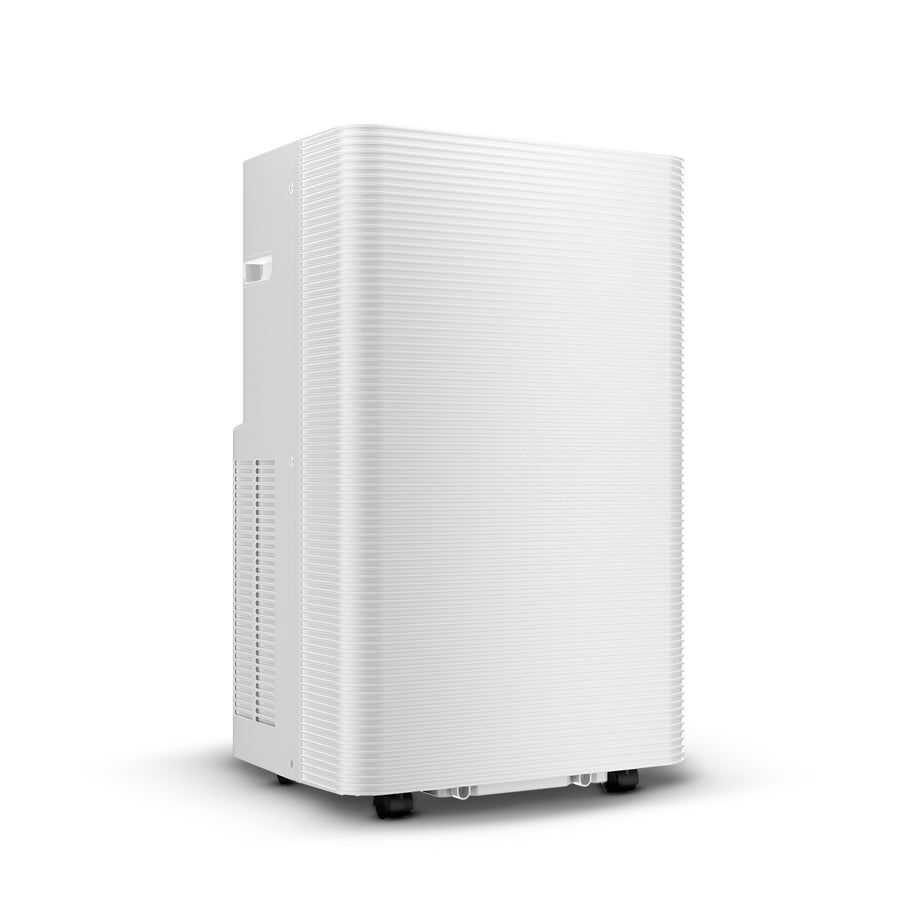Choosing the right air conditioning unit can be crucial for comfort, especially during hot summer months. In the world of air conditioners, portable ACs and window ACs are popular choices, each with their unique advantages and disadvantages. This article explores these options to help you determine which might be the best fit for your needs.
What is a Portable AC?
A portable air conditioner is a self-contained unit that is typically on wheels, allowing it to be moved from room to room. It includes a hose that expels heat out of a window or a similar opening. These units are versatile and can be an excellent option for those who seek flexibility in their cooling solutions.
Pros of Portable ACs
Flexibility and Mobility: The primary advantage of a portable air conditioner is its mobility. You can easily move it from one room to another, targeting cooling wherever it is needed, which is especially useful in homes without central air conditioning.
Easy Installation: Installing a portable AC is generally straightforward and does not require professional help. It’s a plug-and-play solution, ideal for renters or individuals who prefer a temporary or seasonal cooling option.
No Window Blockage: Unlike window units, portable air conditioners do not block the view or the natural light coming through a window, maintaining the aesthetics and functionality of your space.
Cons of Portable ACs
Space Consumption: Portable air conditioners take up floor space, which can be an issue in smaller rooms or cluttered areas.
Noise Level: Typically, portable ACs are noisier than window ACs. The operational noise might be distracting, especially in quiet environments like bedrooms or studies.
Energy Efficiency: While portable ACs are convenient, they generally consume more energy compared to window units of similar capacity, potentially leading to higher electricity bills.
What is a Window AC?
A window air conditioner is mounted in a window or a custom-made hole in the wall. Once installed, it provides effective cooling to a room by drawing warm air out and circulating cool air in.
Pros of Window ACs
Efficiency: Window ACs are known for their efficiency. They are good at cooling a designated space quickly and generally consume less power than portable units.
Cost-Effective: Generally, window air conditioners are less expensive to purchase and operate than portable models. They offer a practical solution for those looking to maximize cooling without breaking the bank.
Permanent Solution: Once installed, window ACs provide a stable and reliable cooling solution. They are designed to stay in place, making them a good option for long-term use in rooms that frequently need cooling.
Cons of Window ACs
Installation Requirements: Installation can be more complex than with a portable unit. You might need tools and some handyman skills to securely fit the unit in a window.
Limited Placement Options: Window ACs require a suitable window, which limits where they can be placed within a home. This can be challenging in rooms without accessible windows.
Blockage of Natural Light: Window ACs can block natural light and partially obstruct views, which might be undesirable for some users.
Conclusion
Both portable ACs and window ACs have their place in the home cooling solutions market. Your choice between a portable air conditioner and a window air conditioner will largely depend on your specific needs, such as the importance of flexibility, installation simplicity, efficiency, and space constraints. When considering which type of air conditioner to purchase, it’s essential to weigh these pros and cons carefully. For those looking for more information on a range of cooling solutions, visiting UKOKE.COM can provide additional insights and product options. This choice will ensure that you select the best air conditioner to keep your space comfortable and cool.

